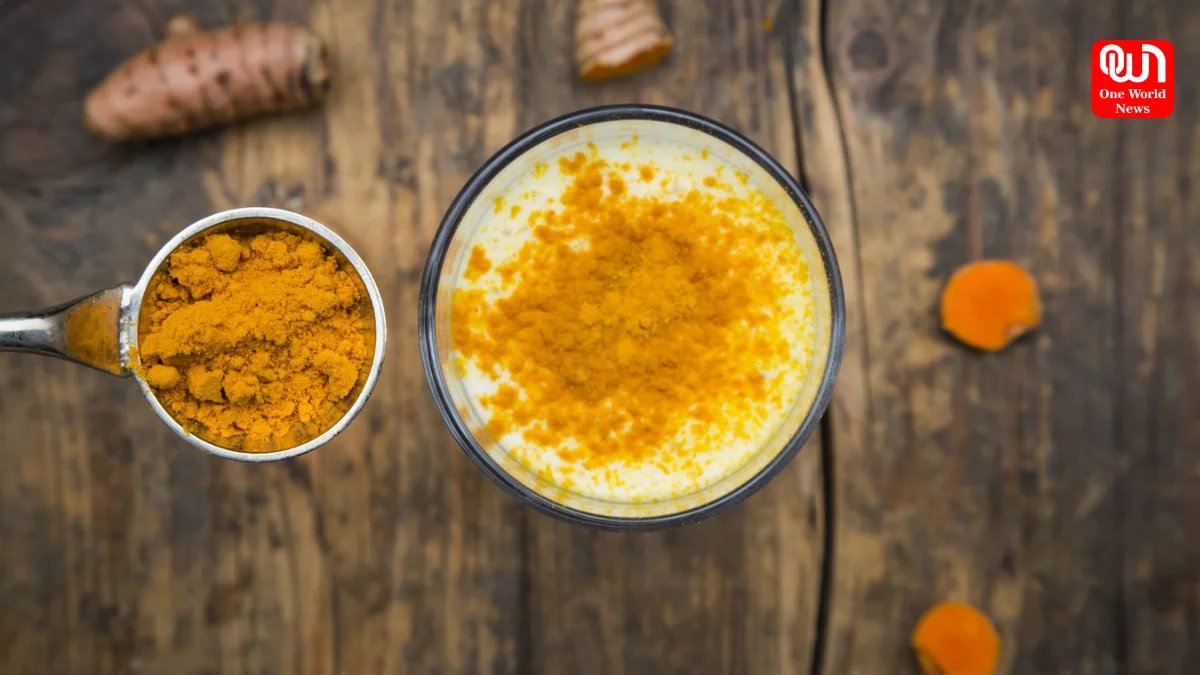Turmeric and Blood Pressure: Benefits of Adding It to Your Diet
Discover how adding turmeric to your diet can help regulate blood pressure naturally, improve heart health, and support overall wellness.
How Does Turmeric Affect Your Blood Pressure and Improve Heart Health Naturally
Understanding Turmeric and Its Health Benefits
Turmeric is a bright yellow spice commonly used in cooking, especially in Indian cuisine. Beyond its culinary uses, turmeric has been celebrated for centuries in traditional medicine for its anti-inflammatory and antioxidant properties. The primary active compound in turmeric, curcumin, is known for promoting overall health, including supporting heart function and circulation.
How Turmeric May Influence Blood Pressure
Several studies suggest that curcumin in turmeric can help improve blood vessel function and reduce inflammation, which are important factors in managing blood pressure. By enhancing nitric oxide production in the body, turmeric may help relax and widen blood vessels, allowing blood to flow more freely. This process can contribute to lowering both systolic and diastolic blood pressure levels naturally.
read more: Celebrating International Music Day: A Global Tribute to the Power of Music
Anti-Inflammatory Properties of Turmeric
Chronic inflammation is a key contributor to high blood pressure and cardiovascular issues. Turmeric’s anti-inflammatory effects help reduce inflammation in blood vessels, which can improve elasticity and reduce the strain on the heart. Regular inclusion of turmeric in your diet can support vascular health and lower the risk of hypertension-related complications.
Turmeric and Antioxidant Effects
Oxidative stress can damage blood vessels and increase blood pressure over time. Curcumin is a powerful antioxidant that helps neutralize free radicals, protecting the cardiovascular system from damage. By reducing oxidative stress, turmeric indirectly supports healthy blood pressure and overall heart health.
How to Incorporate Turmeric Into Your Diet
Adding turmeric to your daily routine can be simple and enjoyable. You can include it in curries, soups, teas, smoothies, or even golden milk. Pairing turmeric with black pepper enhances curcumin absorption, making it more effective. Consistency is key—small daily amounts may have long-term benefits for blood pressure management.
Read more: 13 Deadliest Snakes in the World You Should Know About
Precautions When Using Turmeric
While turmeric is generally safe for most people, excessive consumption may cause digestive discomfort or interact with certain medications, including blood thinners. Individuals with existing health conditions or those taking prescription drugs should consult a healthcare provider before significantly increasing turmeric intake.
Conclusion: Turmeric for Natural Blood Pressure Support
Adding turmeric to your diet offers more than just flavor—it can play a supportive role in maintaining healthy blood pressure levels. With its anti-inflammatory, antioxidant, and vascular benefits, turmeric can be an effective natural tool for heart health. Combined with a balanced diet and lifestyle, turmeric may help reduce the risk of hypertension and improve overall well-being.
We’re now on WhatsApp. Click to join.
Like this post?
Register at One World News to never miss out on videos, celeb interviews, and best reads.








